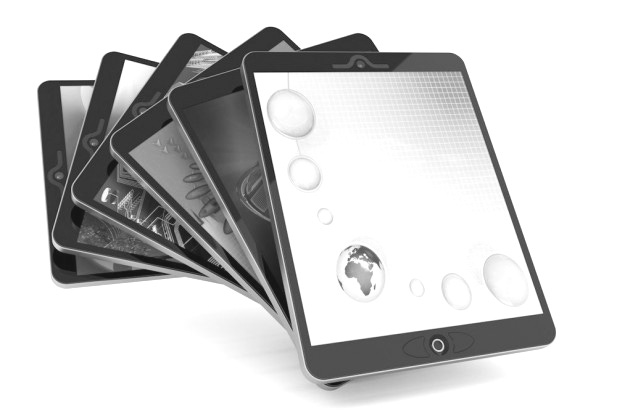Apple’s and the tablet market’s unit shipments remain in the tank. What, if anything, can get the segment moving again? More power may be the answer.

While nagging questions persist about the tablet market’s structural health, much of what we’ve heard for answers boils down to the dissatisfying, ho-hum refrain most often repeated by Apple (AAPL) chief executive Tim Cook that the segment eventually will perk up.
So far, it hasn’t. Apple’s and the tablet market’s unit shipments remain in the tank. What, if anything, can get the segment moving again?
Carolina Milanesi, chief of research and head of U.S. business for Kantar WorldPanel Comtech research chief and head of U.S. business, may have an answer.
“Some observers are concerned that tablet replacement cycles are becoming more similar to PC replacement cycles than to smartphones, since 30 percent of current iPad owners have had their device for longer than 36 months,” Milanesi wrote in a blog post. “This is coupled with the risk that smartwatches and bigger phones will absorb a larger share of consumer disposable income and result in a trend similar to the PC market, where upgrade cycles have been further extended.”
But Milanesi discounts that notion, contending that the “concern about tablets following a pattern similar to PCs seems unfounded,” arguing that PC replacements suffered from users “no longer as closely engaged with their PCs as they started to spend more of their time with new devices, such as smartphones.”
Kantar’s data indicates that among smartphone owners, 58 percent also own a tablet. Why, then, can’t tablets also occupy users no longer relying on their PCs as much? What will prod more existing users and first-timers to climb on board?
In a word, it’s power. Technology and feature upgrades to make tablets more like PCs while retaining the benefits of a nimble form factor–as Microsoft (MSFT) has done by positioning the Surface Pro as a powerful laptop replacement–will turn users’ heads, said Milanesi.
“Early adopters were drawn to tablets because they were different from PCs,” she wrote. “But we are now at a point where bringing mainstream and late adopters on board requires more similarities to the PC, while remaining true to what tablets were originally designed to do.”
The tablet market may have more movement than appears at first glance, according to Kantar. The researcher’s data shows that in the past 12 months, 10 percent of tablet owners in the U.S. upgraded their device, with the expectation that over the next year, 13 percent of non-owners will step into the tablet market for the first time.
So maybe Apple’s Cook is right yet again. Apple’s iOS 9, sporting features such as multi-tasking, split screens and a multi-use keyboard, could help users view the iPad as more PC-like, said Milanesi. And, if it works for Apple, and it’s already working for Microsoft, more powerful, PC-like tablets may follow.
About the Author(s)
You May Also Like


